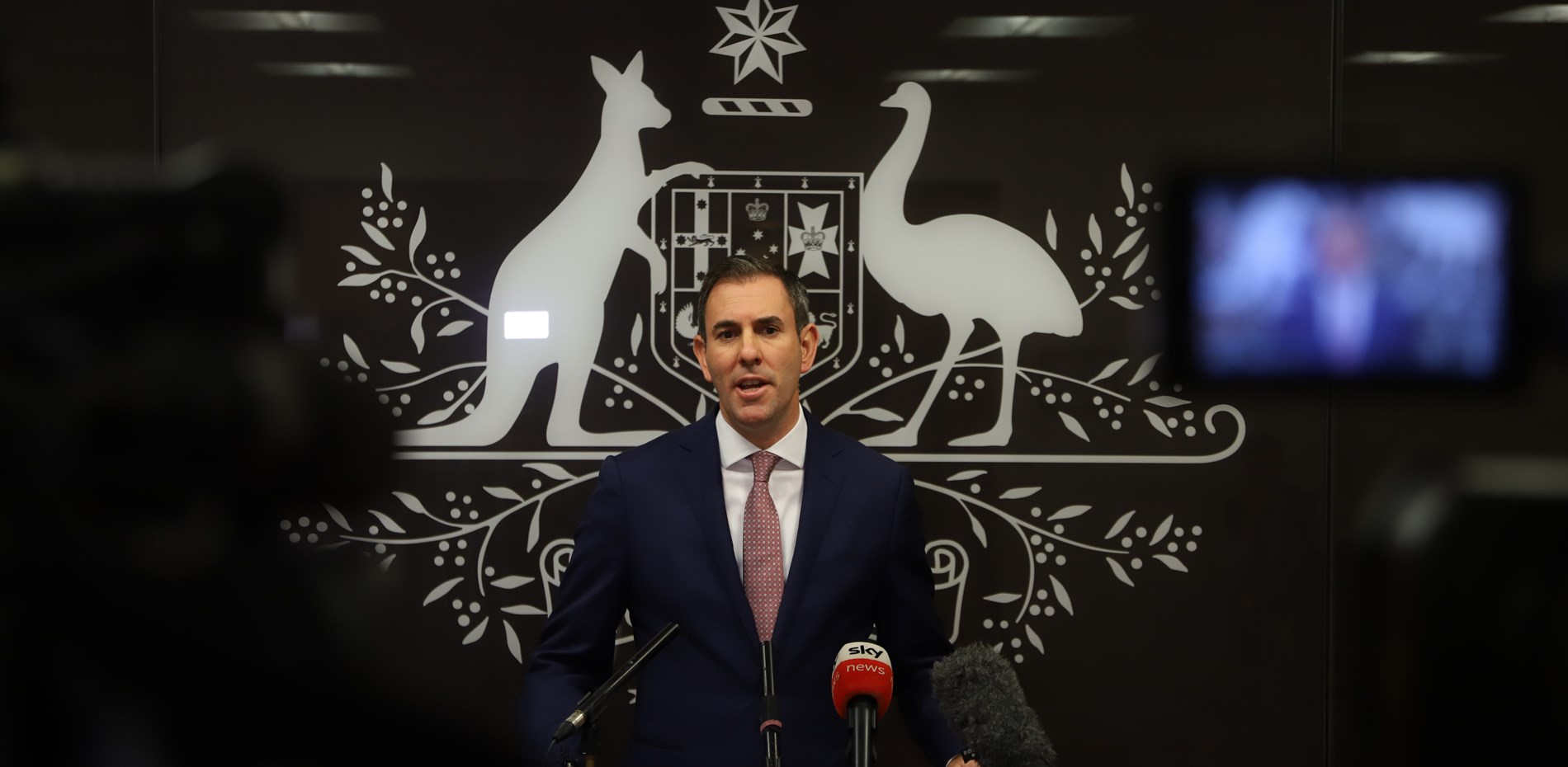Opinion Pieces

Time For a Flag of Our Own?
22 September 2015
Originally published by Huffington Post.
There’s no enduring flaw in our nation that says we’re incapable of imagining – in time, in our way – a flag that is instantly recognized as ours at home and around the world.
Austalgia: Homesickness for the Past
18 September 2015
Originally published in Meanjin Volume 74 Number 3.
I grew up in Logan City to the south of Brisbane. In my twenties I travelled back and forth to Canberra for work. There I learned a bit about being homesick. I got through it, but I knew people who really struggled to succeed in their endeavours because they just wanted so badly to be back home.
Where's the Plan to Confront Technological Change?
09 March 2015
Originally published on ABC's The Drum.
In economic debate, people rarely use the term "Luddite" as a compliment. If anything the mention of Luddism or neo-Luddism is a kind of economic Godwin's Law, casting the prospect of any kind of reasonable debate out the window.
Kids Should Code: Why 'Computational Thinking' Needs to be Taught in Schools
19 December 2014
Originally published by The Guardian. Written with Tim Watts.
On Wednesday lunchtimes at Altona Primary, it’s not just the basketball court or the cricket pitch which is the place for students to be. It’s the library, where kids in grades four, five and six crowd around and enthusiastically learn the basics of how to give instructions to a computer – coding.
Technology, Teaching and the Future of Work
08 September 2014
First published by ABC's The Drum.
Ours is a democracy, and we have choices. The economist and writer Tyler Cowen described what it would look like if we get those choices wrong: a society divided into two camps. Those who have the ability to work with machines, and those who are replaced by them.
Turnbull's NBN Vision Has No Future in Sight
01 September 2014
Originally published at Business Spectator.
When electricity was first reticulated in the north-eastern United States in the 1880s, its primary application was street lighting. Doubters at the time argued against the investment of what would today be many billions of dollars in a lighting network.
By Following the US, Australia Consigns Future Generations to Social Immobility
22 August 2014
Originally published by the Guardian.
The unemployment rate in Australia was lower than in the United States every single day of the Rudd-Gillard governments, but higher just before Labor was elected and soon after it was defeated. This was a largely-ignored but key takeout from the recently-released labour force data for July, which saw the Australian rate tick up to 6.4% while the US’ dropped to 6.2%.
Second Generation of Success
21 July 2014
Originally published by the Chifley Research Centre.
During a recent meeting at my local Khmer Buddhist Temple, a visiting senior Asian politician recounted to me a joke that got me thinking: what’s the difference between a migrant taxi driver and a university professor? The answer: one generation.
Budgeting for Inequality
12 June 2014
Originally published by the Chifley Research Centre.
Simon Sinek is not a household name in Australia outside of those who watch TED talks on their iPads or pick up self-help books at airports. Only devotees would recognise his central tenet of life and business – to Start with Why. But he helps us understand the first Abbott Budget: why it has taken the shape it has; and why Labor joins most Australians in opposing it so vehemently.
Tony Abbott's Austerity-Like Measures Will Hit Poorer Communities the Hardest
23 January 2014
Originally published by The Guardian.
Even more alarming than the news that our economy shed almost 32,000 jobs in December is the likely impact that extreme budget cuts would have on the communities where the labour market is already at its weakest, like my electorate of Rankin to the south of Brisbane.


